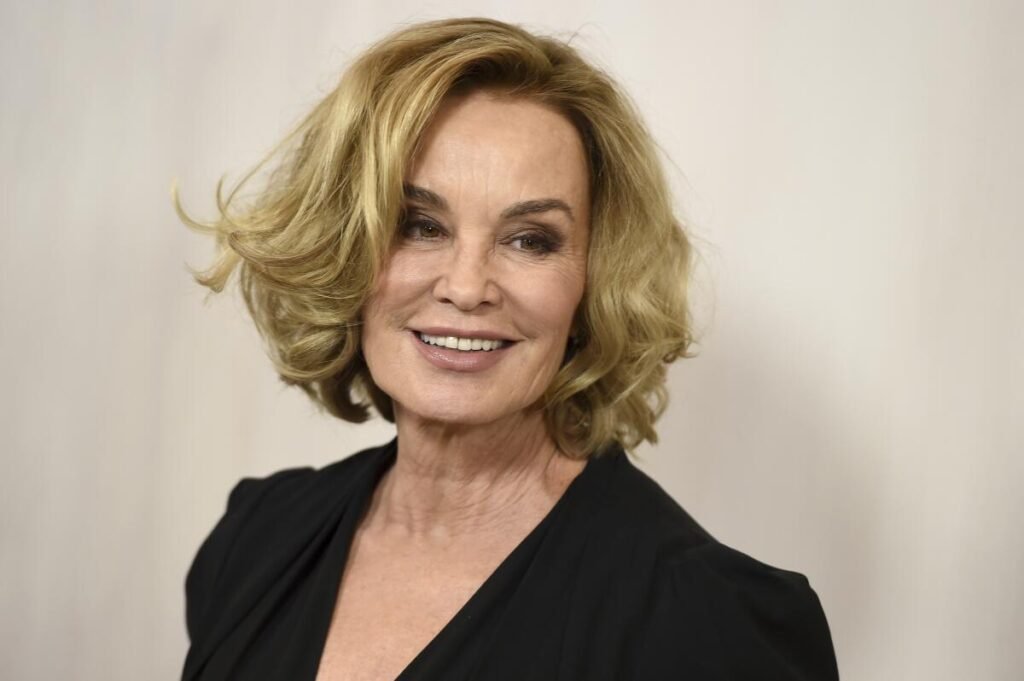Title: Evo Morales: The Humble Beginnings and Political Life of Bolivia’s Indigenous Leader
Intro:
Juan Evo Morales Ayma, known universally as Evo Morales, is a celebrated Bolivian political figure whose life journey is a narrative of determination, resilience, and unwavering commitment to societal equality. His unique life story is a tapestry of humble beginnings that have progressed to groundbreaking achieved successes.
Early Life:
Evo Morales was born on October 26, 1959, in Isallawi, a small farming community in the Orinoca Canton of Bolivia. His family belonged to the Aymara indigenous group, and they lived a humble, secluded life, primarily focusing on farming. Faced with poverty and hardship, Morales’ life was one of courage and endurance from a tender age, and he learned the rewards of hard work tending llamas and herding in the harsh Bolivian climate.
Morales’ educational journey commenced at a rural school in Orinoca. He later moved to the city of Oruro, where he completed his high school education. Notably, Morales did not pursue formal university education.
Profile Summary:
– Full Name: Juan Evo Morales Ayma
– Age: 61 (as of 2021)
– Birthday: October 26, 1959
– Nationality: Bolivian
– Hometown: Isallawi, Bolivia
– Occupation: Politician
– Known For: Serving as the President of Bolivia from 2006 to 2019
– Net Worth: Estimated at $2 million (as of 2021)
Career:
Evo Morales’ career trajectory marked an interesting shift from being a humble coca farmer and a union leader to becoming the first indigenous president in the history of Bolivia. Guided by his deep empathy for the farming community and the indigenous population, shown during his time as a leader of the coca farmers’ union, Morales embarked on a political journey culminating in him becoming a prominent member of the Movement towards Socialism (MAS) party.
His tenacity and dedication led to his election as Bolivia’s president in 2006. As a president, Morales became well-known for implementing reforms that significantly reduced poverty and championed the rights and living conditions of Bolivia’s indigenous peoples. His reign, however, was not without controversy includes allegations of constitutional violations related to term limits and accusations of election fraud that led to widespread protests and his eventual resignation in 2019.
Despite the controversies, Morales’ leadership has undoubtedly left an indelible mark on Bolivia’s socio-political landscape. The narrative of Evo Morales serves as a compelling testament to how willpower, perseverance, and conviction can turn a humble and ordinary life into an extraordinary one. Today, he continues to influence Bolivian politics and stands as a beacon for indigenous peoples’ rights both in Bolivia and across the globe.
His career is a testament to his resilience and is characterized by both significant achievements and controversial issues. Highlights include advanced indigenous rights, a significant reduction in poverty, and economic growth. However, these accomplishments were shadowed by alleged abuses of power, particularly constitutional changes to extend presidential terms, leading to nation-wide protests and his subsequent exile.
In conclusion, Morales’ life and career give insight into a layered and complex individual whose political influence has drastically altered Bolivia’s path. His journey from humble beginnings to becoming one of the most powerful men in Bolivia is a remarkable story filled with trials, triumphs, and controversy. He stands as one of the most influential figures in Bolivian and Latin-American politics.



